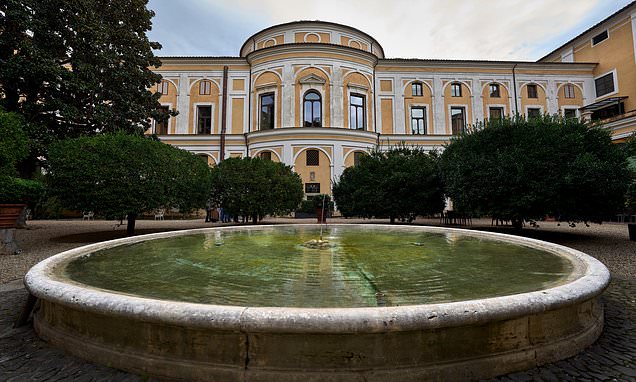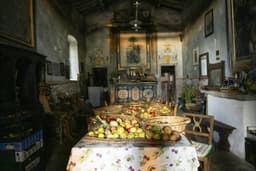Home / Arts and Entertainment / Guarded Grandeur: The Colonna Family's Centuries-Old Artistic Treasure Trove
Guarded Grandeur: The Colonna Family's Centuries-Old Artistic Treasure Trove
16 Nov
Summary
- Colonna Palace, a private home-museum, restricts public access to preserve its art
- Owned by the Colonna family, part of Rome's "black nobility" loyal to the Pope
- Princess Isabella Colonna hid the family's artworks from the Nazis during WWII

Rome's Colonna Palace, a private home-museum, is a closely guarded artistic treasure trove that remains largely inaccessible to the public. Owned by the Colonna family, part of the city's "black nobility" who remained loyal to the Pope when Italy unified, the palace's baroque paintings, sculptures, and 76-meter Great Hall are only open to small, guided tours on Friday and Saturday mornings.
The Colonna family has maintained a trust for over two centuries to ensure their priceless artworks remain within the palace's walls. During World War II, Princess Isabella Colonna famously hid the family's treasures by ordering them "crammed into a wing of the building whose entrances were then walled up," saving them from the Nazis. Today, the palace's interior reflects centuries of power and privilege, with portraits of Colonna popes and commanders adorning the grand halls.
Despite the palace's artistic significance, the Colonna family prefers to keep it out of the public eye. As one restorer explains, "We cannot have mass tourism. It is not the wish." The palace's relative seclusion is seen by some as a necessary measure to protect this "indubitably one of humanity's greatest artistic heritages" from being "commodified" as a mere tourist attraction.




